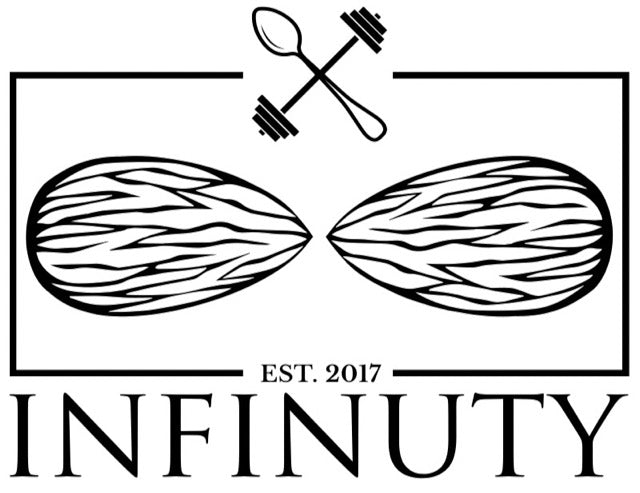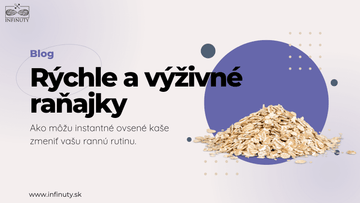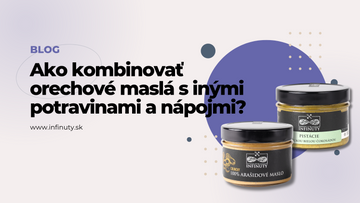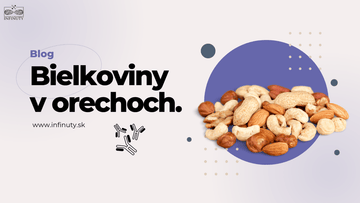Peanut butter is quite well-known in our country. Many people know it as a healthy food supplement and consume it regularly. However, there are also those who have never heard of it or know very little about it. And this is also one of the reasons why peanut butter is not in their diet.
If you belong to the latter group, this article is especially for you. You will learn where peanut butter actually comes from, read some interesting facts about its history and production. And last but not least, you will learn what its properties and effects on your health are.
Peanut butter – history.
To begin with, we can remind ourselves once again that peanuts are not nuts, but legumes. Peanuts, or groundnuts, are one of the most widespread and well-known foods in the world. If you want to learn more about peanuts, read our older article: Peanuts and their 10 effects on our health .
Now, let's get back to peanut butter. As for its history, it is proven that it originated in America. However, it should be noted here that peanut butter originated in South America and not North America, as most of you might think.
The first peanut butter was ground by the ancient Incas around 3000 BC. This tradition was later continued by the Aztecs in the 14th century AD. After this period, peanut butter disappeared for several centuries. It only returned to the spotlight after peanuts were brought to North America by slaves from Africa, where it had previously been spread by the conquerors of South America - the Spanish and Portuguese.
The father of peanut butter as we know it today is considered to be Canadian chemist Marceluss Gilmore Edson , who received a patent for his peanut paste in 1884. His main idea was to create a tasty and healthy food for people who had difficulty chewing, which was a serious problem for a large part of the population at that time.
Peanut butter – modern times.
Peanut butter has become a "superstar" in the food world for several reasons.
Peanut farmers Thomas Jefferson and Jimmy Carter reached out to the presidents of the United States and brought both peanuts and peanut butter to the forefront.
In addition to them, stars like Elvis Presley and Madonna started talking about peanut butter, admitting that they liked the so-called " PB & J " (the abbreviation PB & J stands for Peanut Butter and Jelly, which can be translated from English as toast with peanut butter and jam.)
Thanks to this, the average American consumes around 3,000 jars of peanut butter in their lifetime. That's about 3 jars per month!
Peanut butter – health effects.
Peanut butter is certainly not as popular in Europe and here, and because of that, people are missing out on some of the very positive health benefits that peanut butter has to offer.
It should be noted right from the start that the properties and effects of peanut butter depend mainly on its origin and production.
However, we can definitely say that the healthiest is 100% peanut butter . The kind that contains only peanuts and no salt, sugar, or palm fat added to it.
100% peanut butter is an excellent source of protein, fiber, phosphorus, zinc, magnesium, as well as vitamins E and B6.
Because peanut butter contains a lot of protein and fiber, after consuming it we will feel full longer than with other foods. Therefore, it is very suitable for various diets as a supplement to the usual diet. You can eat it for breakfast and add it to oatmeal, for example. And if you decide to make toast with peanut butter and jam, we definitely recommend using whole grain bread.
Finally, we would like to note that you should definitely be careful with so-called light peanut butters. These are butters that have a reduced fat content. However, despite this, these butters have the same calorie content as others and, in addition, very harmful substances and preservatives are added to them.




